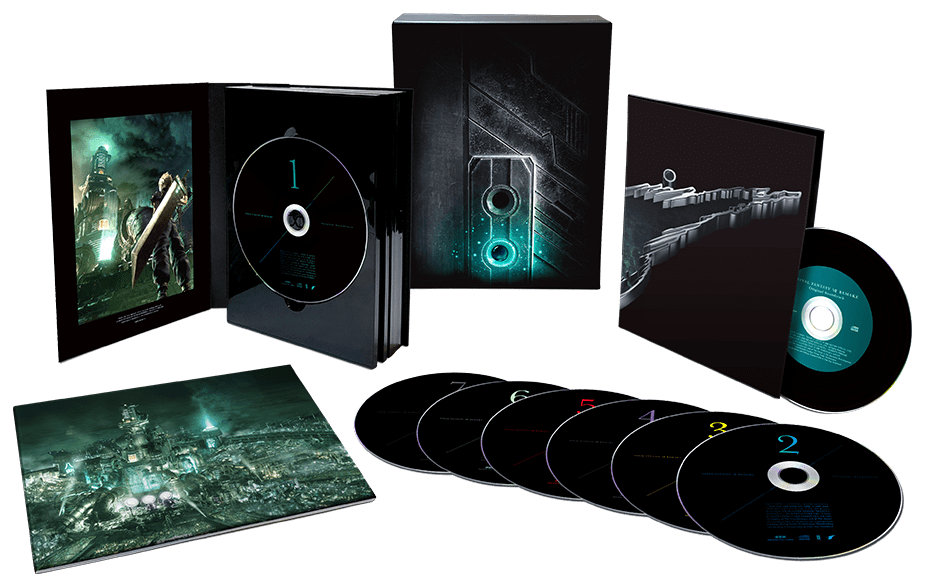

And as for the rhythm, it’s definitely a pulsating beat! “Waltz de Chocobo” is “Chocobo Waltz”), actually works as “Chocobos of Pulse” since that is exactly what the chocobos in FFXIII are. “Pulse” is the name of the world in FFXIII, so this seemingly awkward translation for what would traditionally serve as a descriptor (i.e. Now, regarding the name, the Japanese tracklist has it romanized in French as “Pulse de Chocobo.” This has been the traditional naming of Chocobo songs throughout the series, “(style) de Chocobo.” In the case of FFXIII, it serves as a pun. Seriously, it’s a wonderful performance piece. The other track, “Chocobos of Pulse,” is an incredible Latin bebop jazz track. That’s the one on disc three, Chocobos of Cocoon. Regarding the two Chocobo tracks: one is a sugary synth-pop track with a female vocal performance that utilizes vocaloid technology. I hope you’re ready for something new, because that’s exactly what this is. Musically, this is a full departure from any previous FF score. The only Uematsu track that remains is the Chocobo theme, and it’s so thoroughly rearranged on this soundtrack that Uematsu isn’t even credited as the source composer for the melody in the soundtrack’s packaging. But FFXIII now has its own themes, apparently, so the main theme is out, and the arpeggiated prelude is also fully cut. The evidence? A stunning lack of both the Final Fantasy Prelude and the “Main Theme.” One or both of these tracks is present on every other Final Fantasy if nowhere else, at least in the opening or end credits. There’s no question that the Final Fantasy series is drifting further and further from its roots. So, with a clever play on words, allow me to give my “impressions” of this full soundtrack.įirst, a note about a trend in the series. And though the distinct impressionist sound we heard in, say, SaGa Frontier II is hidden under some layers of big-production, film-score-esque music here, this is still definitely Hamauzu. It’s his single largest score, and it comes with the support of some excellent arrangement staff and dozens of instrumental and vocal performers. Masashi Hamauzu, the king of impressionist composition in game music, has completed his masterwork for Square Enix. Comparing the Japanese tracklist to the English shows glaring and obvious changes at some points, but since Square Enix bothered to make their own version of the tracklist in English, that’s what we’re giving you.

Since the first title back in 1987, Final Fantasy has had many sequels that have created many fans around the globe.Note: the tracklist is as “officially” translated to English by Square Enix. Final Fantasy Soundtracks was created to bring you a collection of some of the greatest soundtracks ever created for a game franchise.


 0 kommentar(er)
0 kommentar(er)
